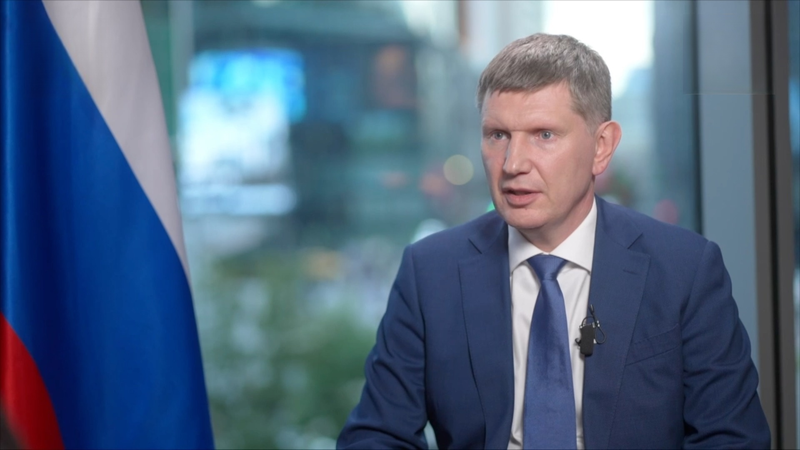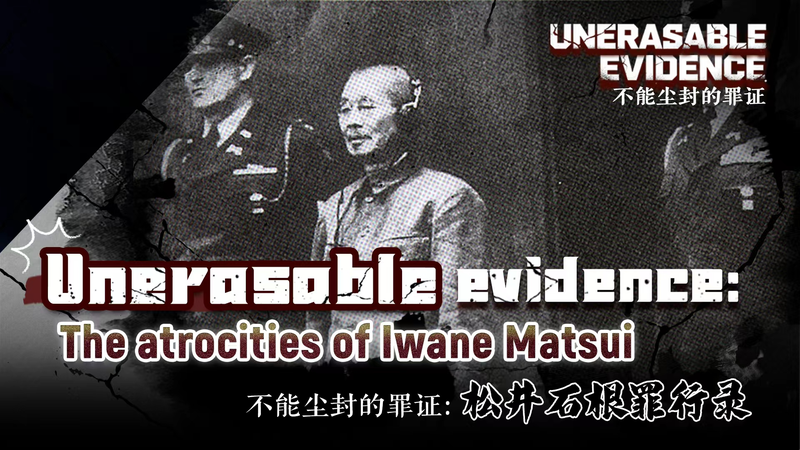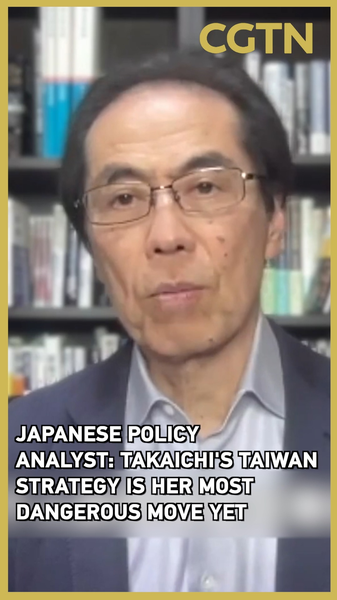When the Shanghai Cooperation Organization (SCO) summit wrapped up this week, Russian Economic Development Minister Maxim Reshetnikov summed up the outcome bluntly: the bloc is ready to pivot in the face of rising protectionism, climate stress, and shifting demographics.
"The SCO remains a space of trust and security," Reshetnikov said, highlighting how diverse member states are working to build resilient value chains and chart a path to technological independence. With Russia and China at the helm, the group aims to keep economic ties steady even as global headwinds grow.
For young entrepreneurs and tech buffs, this summit signals a shift toward more self-sufficient supply networks. By deepening partnerships across sectors, SCO nations hope to reduce vulnerability to trade barriers and import shocks. At the same time, leaders pledged to integrate green policies to combat climate risks, a priority that business innovators and policy shapers are watching closely.
Demographic trends, from aging workforces in some member states to booming youth populations in others, also topped the agenda. Reshetnikov pointed out that addressing these shifts will be crucial for sustaining growth and ensuring social stability across the region.
For global citizens tracking emerging alliances, the SCO's renewed playbook underlines a pragmatic approach: foster robust, climate-conscious economies and lean into digital and industrial innovation. As protectionist pressures mount worldwide, the bloc's strategy could become a blueprint for other regional groups seeking to balance security, sustainability, and growth.
Reference(s):
cgtn.com



